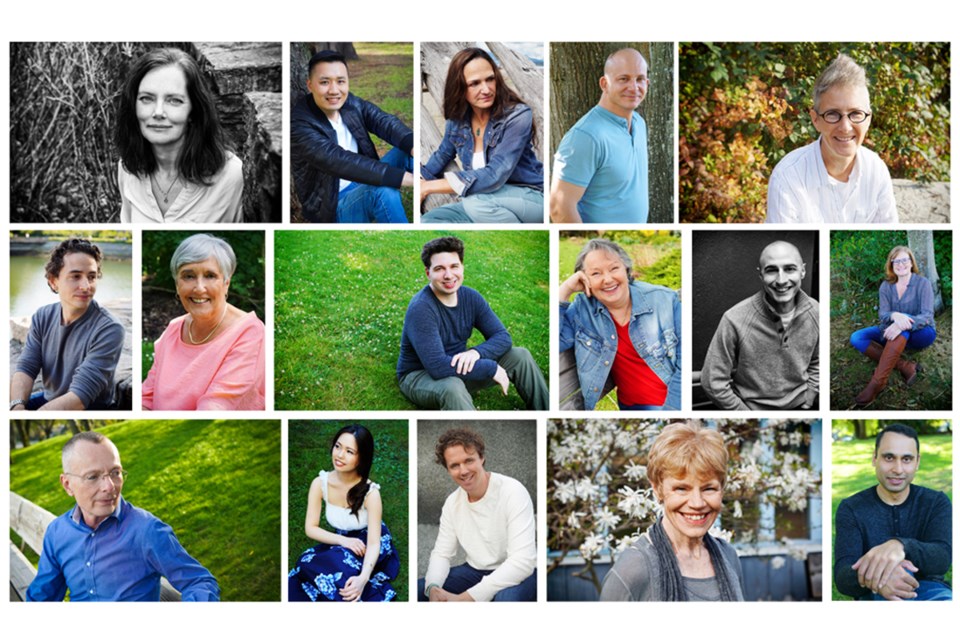“I always chat with people for a while before getting the camera out,” says Tamea Burd.
The Vancouver photographer specializes in headshots and portrait photography and has always taken a supportive person-first approach to her art but in recent years she has observed that “people need a lot more talking.”
“During the pandemic, I noticed that the ‘normal’ amount of stress and unhappiness just quadrupled,” she explains. “People’s insecurities seem to be way way more intense”
Burd has a lot of experience with people’s insecurities in front of the camera. She sees a lot of people for business or online dating photos and says they often enter the process with a sense of overwhelming dread or an ingrained belief that they're unphotogenic.
“I have had people so nervous or tense they were shaking or in tears,” she shares.
Burd also has a background in peer counselling and is certified as a life coach by the Wainwright Global Institute of Professional Coaching. She uses that knowledge base to put her clients at ease and is extremely detailed with them about what to expect before arriving at a photoshoot.
“The reason we look bad in photos is because we think we look bad in photos,” she says. “Everyone is photogenic if they are comfortable when their photo is being taken.”
What are "wellness portraits"?
Having people come away from the experience feeling better about themselves was always an underlying part of the photography process for her but after a therapist client suggested that the way she approached photography was indeed therapeutic and after witnessing the distress and unease people were having about their appearance post-pandemic, she decided to develop a specific service to combat photo anxiety. She calls it wellness portraits.
Being careful not to "therapize" the process and using casual non-therapy specific terms, the Wellness portraits are a service Burd offers to clients 16 and up that includes self-esteem and self-image-based discussion before the shoot.
She says the conversations vary from person to person but that she keeps them specific to her expertise. To start she will ask clients “What brought you to me?” Followed by “When you look at an image [of yourself], what do you see that makes you not like it?”
She doesn’t ask a series of invasive questions but instead allows the client to lead.
How the photographer helps build the client's self-esteem
In hypothetical terms, Burd says that most often parents or someone in the client’s life has eroded their self-esteem. Burd helps her clients to address the voice in their heads that isn’t theirs. “Once you make that connection it’s easier to detach,” she says.
When the shooting begins, Burd continues to a gentle fun conversation while she just happens to be taking a photo. She used to work in a studio but the “difference in people’s comfort levels was massive” outside in natural light, she says.
Burd uses several outdoor locations that she chose based on ease of access, nearby parking and washrooms but also because they don't draw a lot of foot traffic or attention.
Burd gets choked up as she describes the response to the wellness portrait sessions. She says the reception has been amazing and that people have told her the after-effects linger.
"The word I hear most often is life-changing," she says.




